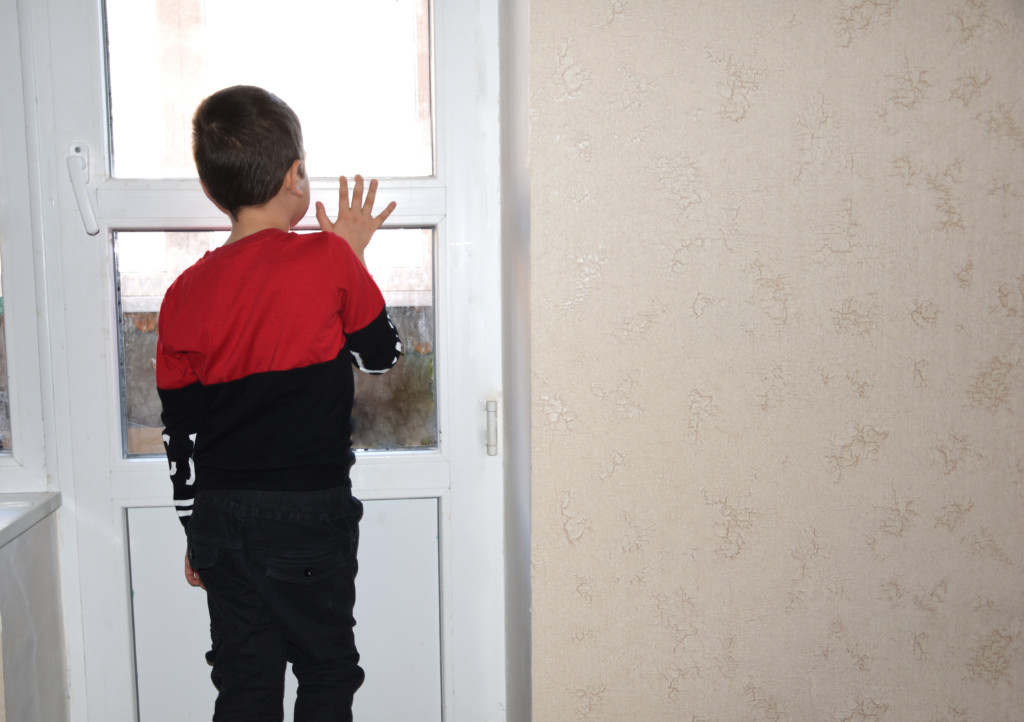 For more than half a century, I have listened to diatribes against empowering lower-income parents to choose a school for their own child. Even today, these reasons remain unclear to me.
For more than half a century, I have listened to diatribes against empowering lower-income parents to choose a school for their own child. Even today, these reasons remain unclear to me.
This brief essay will be an effort to clarify what is at stake in America’s battles over the role of the poor parent versus those public school professionals who have a stake in the survival of the established system. How do these folks defend their intact but quivering castle?
Here are a few overlapping but essentially distinct arguments against choice that thrive in the media and in private conversations. I will comment briefly on each.
· Society needs to maintain control over the curriculum and pedagogy for children of unmonied families because these parents are typically poor choosers. They are unready for that important mission and would make serious mistakes to the permanent injury of the child and society.
· The state governments know best how to prepare these children to be good citizens and humans. Their curricula and methods of instruction are superior to those of any private school that the parent is likely to choose.
· Choice would foster disunity among our citizens. Poor parents, if allowed, would choose schools that disagree about the nature of the good life, thereby fostering disunity among our already diverse peoples. This is especially true of choices that would divide us by religion.
· Choice will be too expensive for the taxpayer.
· Choice will be destructive to the authority and political power of teacher union leaders who know and pursue what is best for these children; hence, the effect would be negative.
These five propositions inform daily conversations among citizens of varying persuasion. I suppose the favorite defense of the status quo is the first point – the unreadiness of the parent for responsible decision making because of his or her poverty.
This strikes me as the very eclipse of reason.
We disqualify those persons who know and love the child in order to have the decision about her made by whom? Nobody! No human mind decides that it is best for this child to go here: “Dear child, you live here. Your parents are poor, so you enroll in that school over there. You will be better off; trust us. But, if you don’t, you go here anyway.”
Justification No. 2 assumes that the learning experience in the assigned school will be superior to that offered in any school the parent would have picked. No doubt, in some cases that would be true. The problem is that the statistics show, overall, exactly the opposite; charters and subsidized choice of private school show modest but distinct improvement in test scores.
To my mind, much more important than scores is the reality that the parent who is armed with choice and is disappointed with one school is not stuck there. She can try another, and in the process, join the world of parental authority and responsibility. The experience of making important choices is the doorway to a complete life.
The third argument is the fear that trusting the poor will further divide us as a society. It is a direct descendant of the elitist 19th century conviction that choice by immigrants, especially Jews and Catholics, would encourage private schools, thus spreading a message of disunity.
Of course, both of these despised groups somehow managed to create schools of their own whose graduates not only learned their lessons in civics but grew up to be patriots and even presidents.
Objection No. 4 – the cost of choice – would be relevant in the first years of reform, as an unpredictable number of parents choose to depart the public system. Cost, of course would be minimized by introducing the new order a bit at a time, perhaps beginning with kindergarten and first grade, plus ninth grade, then, year by year, adding another grade at each level.
Presumably, the subsidy for choice would be worth a bit less than the per-pupil cost of the public school and would be progressively less in amount for families of greater resource and income per child. The plain reality is that the state could decide either to increase or to diminish the cost to the taxpayer as it saw fit.
Objection No. 5, protecting the comfort of the union bosses, is a bit sarcastic on my part, but it is politically oh so real. Choice would, indeed, end their institutionalized reign over the poor.
They – the bosses – of course claim to be serious educators. And, who knows, in the new order, they just might pull up their socks and compete for the parents’ favor in the now free market.
My guess is that the lingering image of a state school that is, at long last, truly “public,” would, properly framed, lure many a mother and father who are free at last.


